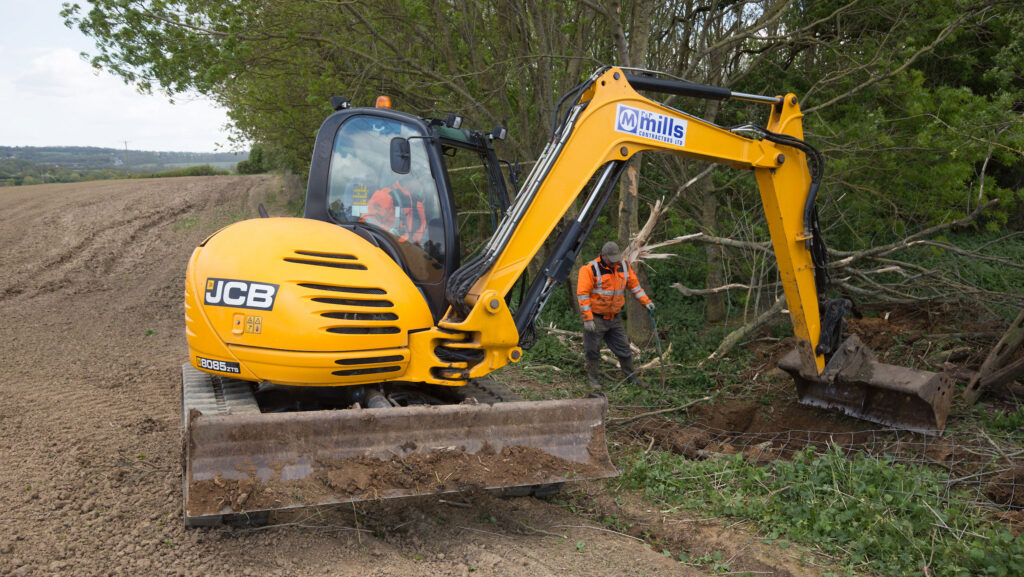Farmers and contractors negligent over underground pipelines
 © Tim Scrivener
© Tim Scrivener Farmers and contractors have been found to be negligent in their approach to keeping underground pipes safe and intact, according to the 2024 Linewatch Infringement Report.
Agricultural contractors, the report highlights, were responsible for 114 out of 284 pipeline infringements (40%) last year.
Linewatch is raising awareness of high-pressure oil and gas pipeline existence and encourages safe working practices when planning and undertaking work around them.
According to its latest report, the incidents mark a 10% increase from 2023, and signal the sector’s biggest increase in over five years.
See also: Farmers Weekly launches kids’ farm safety campaign
It also highlights that more than half (55%) of infringements occurred even though the person digging was aware of the underground pipeline.
Murray Peat, manager at Linewatch, said:
“Our data shows a concerning trend that contractors and the wider agricultural industry ignore the serious danger that underground pipelines present.
“While land maintenance is vital, work can be carried out safely.”
Mr Peat urged the industry to ensure they search for pipelines using ‘Linesearch BeforeUdig’ (LSBUD), a free and centralised system, before carrying out any work.
More than a quarter (26%) of all incidents, where workers were reported for digging too close to underground high-pressure fuel pipelines, occurred on farmland – making agriculture the biggest risk to UK pipelines for the eighth year running.
Fencing was the second biggest cause of pipeline infringements across the UK, accounting for 22% of all reported incidents.
Ditching (6%), tree planting (6%), and drainage (4.5%) also posed a serious threat to the UK’s network of high-pressure fuel pipelines, and those doing the digging, including landowners, farmers, agricultural workers, and contractors.
In comparison, local authorities were responsible for just 4% of incidents, including the UK’s highways agencies making up 2%, and the water industry responsible for a mere 0.7%.
The incidents, the report highlights, correlate with seasonal activity on farms such as fencing and ditching and are reported to be much higher in February-April and August.
